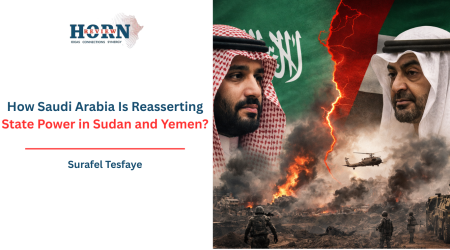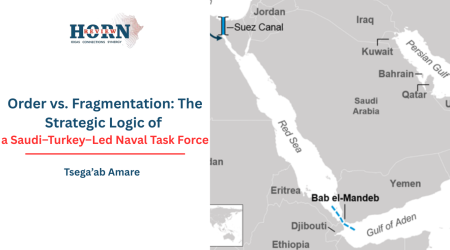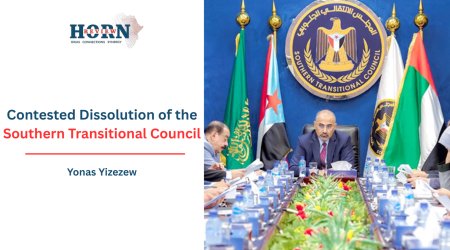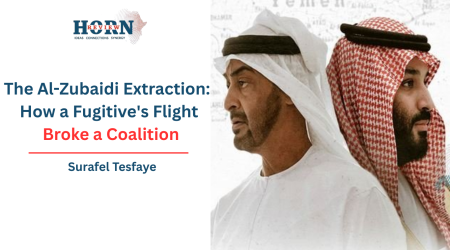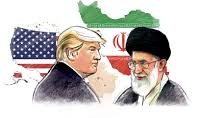
16
Apr
The Strategic Ripple Effect: How U.S.-Iran Negotiations Could Reshape the Horn of Africa and Ethiopia’s Regional Role
The ongoing U.S.-Iran nuclear negotiations are not merely confined to the geopolitical dynamics of the Middle East; their reverberations are likely to extend far beyond, notably influencing the Horn of Africa and the Red Sea region. A successful diplomatic resolution has the potential to recalibrate regional tensions, fostering a more stable and secure environment, which is of considerable significance to Ethiopia and its strategic interests.
The Red Sea, one of the world’s most vital maritime trade routes, serves as a critical nexus for global commerce, linking Europe, Asia, and the Horn of Africa. Yemen, a country embroiled in conflict with varying degrees of external influence, lies along this essential passage. Therefore, a reduction in regional instability, potentially stemming from a de-escalation in the Yemeni conflict, would yield an immediate benefit for maritime security. For Ethiopia, a landlocked nation reliant on Djibouti’s ports for trade, ensuring the unhindered flow of goods through the Bab el-Mandeb Strait would be pivotal.
This would alleviate the economic strains associated with shipping disruptions, lower logistical costs, and facilitate smoother access to international markets. Beyond security considerations, the diplomatic thaw between the U.S. and Iran could also influence the broader strategic landscape of the Horn of Africa. This region, historically subject to the influence of external powers, whether through economic, military, or diplomatic means, stands at the crossroads of shifting international dynamics. A resolution to the U.S.-Iran tensions could ease the region’s susceptibility to external rivalries, thereby affording nations like Ethiopia greater autonomy in shaping their foreign policy.
This shift would allow Ethiopia to pursue regional stability and development goals without the encumbrance of being caught in the crossfire of superpower competition. Ethiopia, with its growing political and economic influence, stands to benefit significantly from such a recalibration. A more secure and cooperative regional environment would enable Ethiopia to exercise leadership in addressing both local conflicts and regional cooperation. Furthermore, Ethiopia’s ongoing efforts to solidify its position as a stabilizing force in the Horn of Africa would be bolstered by the reduction of external geopolitical pressures. In essence, the ability to manage internal development and foreign policy initiatives without the overshadowing influence of competing international powers would enhance Ethiopia’s role as a regional actor.
The successful resolution of U.S.-Iran tensions thus offers far-reaching implications, extending beyond immediate security concerns. For Ethiopia, the potential to benefit from a more secure and stable regional environment is significant, enhancing its strategic, economic, and diplomatic positioning in the Horn of Africa. The outcomes of these negotiations could be instrumental in reshaping the trajectory of the region, offering an opportunity for a future marked by greater cooperation, stability, and shared prosperity.

